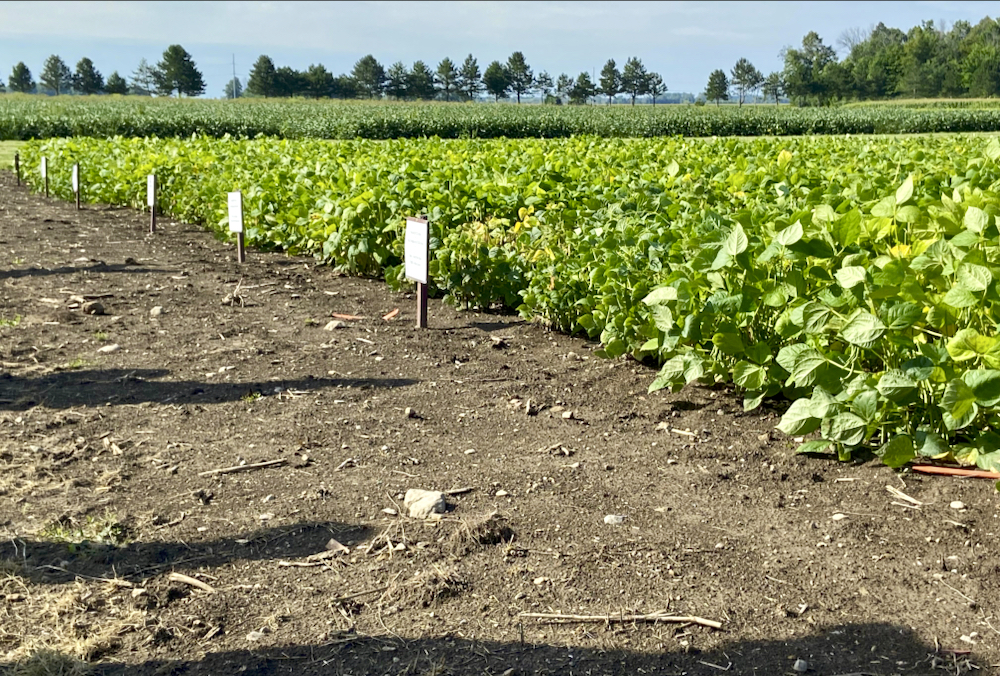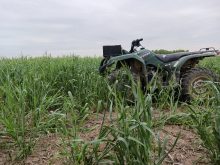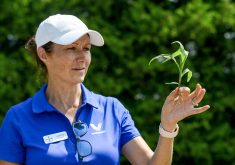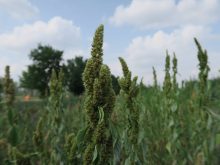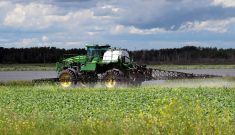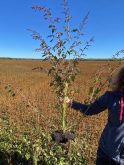Dry beans are extremely sensitive to weed interference and researchers have now quantified the value of weed management for Ontario growers.
“Our data shows there is a 636 per cent return on investment in weed management in dry beans,” says Peter Sikkema, professor in the department of plant agriculture at the University of Guelph. “This increases to 1,039 per cent if you get acceptable weed control with your soil applied weed control program.”
Sikkema was one of several researchers who presented their work with dry beans at the recent Ontario Bean Growers research day at the University of Guelph’s Huron Research Station near Exeter.
Read Also
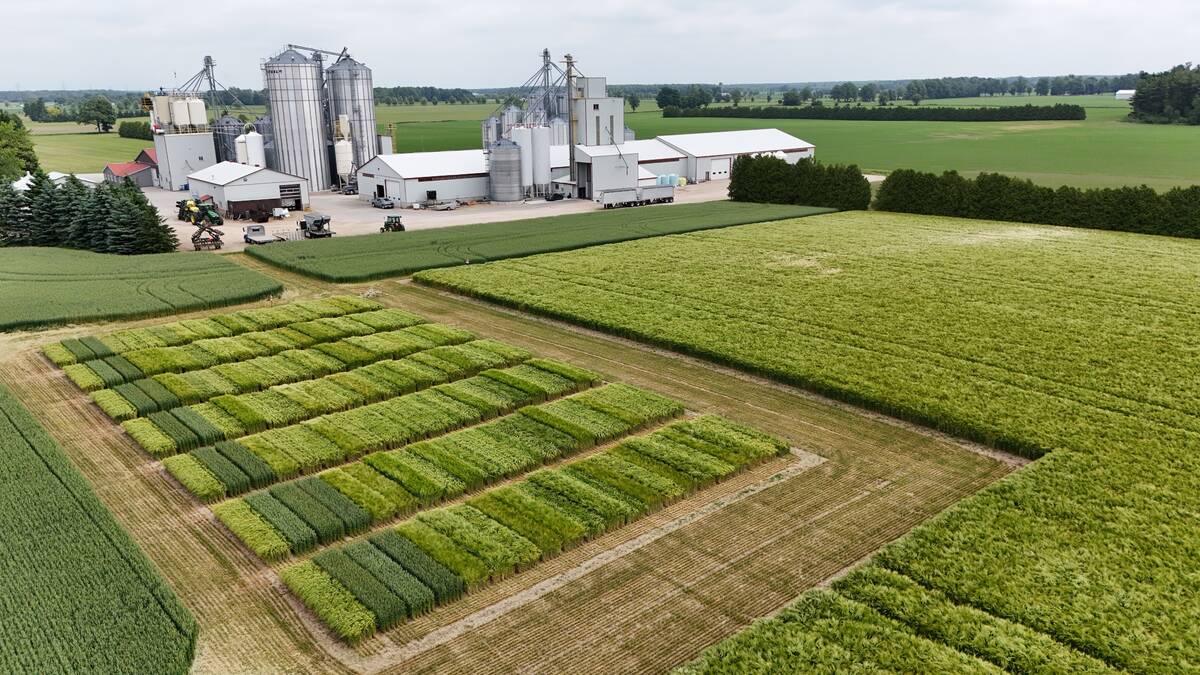
Winter cereals beyond wheat gaining traction
Winter cereals such other than wheat, such as barley, could provide better yield and rotation options for Ontario growers.
Why it matters: Weed management in dry beans offers a high return on investment and to maximize this, researchers are working to determine which tank mixes offer the best control and least injury.
Based on the average costs of a two-pass weed control program, including a soil-applied grass herbicide, soil-applied broadleaf herbicide, post-emergence broadleaf herbicide and application costs, he estimates the total cost of weed control to be $83.01 per acre.
Using average yield and selling prices from 2016 to 2020, Sikkema calculates the gross value of dry beans to be $911.94 per acre.
Data from 336 research experiments indicates there would be a 58 per cent yield loss if Ontario dry bean growers did not employ any weed management tactics, the highest loss compared to corn, soybeans, spring cereals and winter wheat.
The estimated yield loss represents $528.93 per acre and, when compared to the cost of weed control, indicates the 636 per cent return.
Given that return, researchers are working on numerous trials to determine crop tolerance and weed control of newly developed and currently available products.
Insight tank mixes
“We know that weed management in dry beans is always market class specific, meaning you can have two herbicides that are very similar in chemical structure but respond very differently,” said Sikkema.
His 2021 results indicate there is an acceptable margin of crop safety with Insight in azuki and white beans.
There is acceptable tolerance of Insight plus Pardner, Sencor or 2,4-D as well as Insight plus Pardner plus Sencor or 2,4-D in azuki beans. Insight plus Elevore and Insight plus Pardner plus Elevore causes unacceptable injury.
In white beans, there is acceptable tolerance of Insight plus Pardner, Sencor or Elevore, as well as Insight plus Pardner plus Sencor or Elevore. Insight plus 2,4-D and Insight plus Pardner plus 2,4-D causes unacceptable injury.
In all trials, injury is determined by visual assessments, plant stand counts, dry weights and plant height at various stages.
Fleabane control
In terms of controlling glyphosate-resistant Canada fleabane, Sikkema said azuki beans have acceptable tolerance to Eragon, Eragon plus Pardner, Sencor or 2,4-D and Eragon plus Pardner plus Sencor or 2,4-D.
Further research is required to determine the tolerance of Eragon plus Elevore as well as Eragon plus Pardner plus Elevore.
In white beans, there is acceptable tolerance to Insight, Insight plus Pardner, Sencor or 2,4-D and Insight plus Pardner plus Sencor or Elevore for fleabane control. Insight plus Elevore and Insight plus Pardner plus 2,4-D mixes require more research.
Desiccants
The Ontario Bean Growers have asked for more research on desiccant options. In 2021, Sikkema studied five that are now registered: Aim, Valtera, Eragon, Reglone and Ignite, as well as Axxe, Insight, Belouka and Homeplate.
Reglone and Ignite gave the best desiccation of ragweed and barnyard grass. Eragon was effective on ragweed but not barnyard grass. Many of the other results were disappointing, he said.
“Our data would say the current recommendation in Pub 75 is probably correct,” says Sikkema, noting the only thing growers could potentially do to improve activity would be to increase water carrier volume when using Eragon.
Research on eight of the desiccants is continuing in 2022 as Axxe has been discontinued from the trials due to poor results.



